Masterful Setting Description Part 2
Setting description in most novels is the weakest element. As with character description, many writers don’t want to bother describing the setting. Or they don’t understand how vitally important it is, in order to paint a sensory picture of where characters are so that readers can feel as if they are right there with them, experiencing the action alongside them.
That’s hard to do if there is no setting; in many scenes I critique, the characters seem to be floating in a black void of nothingness. Which would be fine if that were the intent of the author. But, sad to say, the writer is probably assuming her readers are picturing the setting via some ESP into the author’s mind.
Probably the most prevalent reason for not writing great setting description is the author doesn’t know how. And yet . . . there are countless novels with beautiful setting descriptions. The whole key to becoming a masterful writer is to study masters of writing. And that’s what we’ve been doing in this series.
Let’s continue our look at masterful setting description. Last week we took a peek at some of Carlos Ruiz Zafon’s description in The Shadow of the Wind. This week I’m going to share some passages I tagged while perusing for character description. It’s no surprise that the authors who are brilliant at character description are just as brilliant at setting description. This bespeaks careful attention to every little piece of a novel or short story. Every word counts. To borrow unfaithfully from Animal Farm: All words are created equal, but some words are more equal than others. Some words are plain boring, and others take our breath away.
And, of course, it’s not just the words but how they are used—a paintbrush in the hands of a master will create something quite different from the same brush in the hands of a toddler. And sometimes the slap-dash type of uninteresting or unhelpful setting description can feel like a toddler’s work. It may reflect enthusiasm, passion, even attention to detail, but it’s essentially amateur and ineffective in producing specific responses from readers.
Some setting description from James Lee Burke:
Early the next morning the air was unseasonably cold and a milk-white fog blew off the river and hung as thick as wet cotton on the two-acre tank behind my barn. As I walked along the levee I could hear bass flopping out in the fog. I stood in the weeds and cast a Rapala between two flooded willow trees, heard it hit the water, then began retrieving it toward me. The sun looking like a glowing red spark behind the gray silhouette of the barn.
Rain was moving out of the south, dimming the fields in the distance, clicking now on the asphalt county road at the foot of his property. . . . The air was dense and cool, like air from a cave, and the pine trees shook in the wind and scattered pine needles across the top of Kyle’s trailer.
A bolt of lightning crashed in a field across the road and illuminated the trees, burning all the shadows from the clearing, and Kyle saw the tinkling sound was only the wind playing tricks on him. A solitary drop of water struck his head, hard, like a marble, and he finished gathering the arrow shafts from the hay bale.
I’m huge fan of making weather BIG in every novel. This is one of the things I love most about Burke’s novels. The weather is tactile, personal, evident, front and center. And this isn’t because the novels I’ve read of his are set in Montana, which is all about “big sky” and nature. Burke describes interiors just as deliciously as he describes exteriors.
Look at how Burke relied predominantly on visuals. But those bits of sound added the perfect texture to those sights. Bass flopping and rain clicking and tinkling (can you hear those?) and lightning crashing. The shift in focus to a single drop of water hitting his head hard, like a marble, makes the weather personal.
This is all about caring. Caring that every sentence uses the best words in a concise and specific way. You don’t need a lot of words to describe setting in a powerful way. Look at how few words Burke uses to get across the anger his character is feeling:
I walked back out to my car. The scrub oak on the rim of the hills looked like stenciled black scars against the molten sun. I started the car engine, then turned it off and got back out and slammed the door.
Burke could have used “generic nature description #256.” Instead he thoughtfully chose one element of the setting for his character to notice as he stands next to his car for a brief moment. In that moment, he looks at the oaks growing on the hills, and the impression they give him is of black scars against molten sun. Molten carries a sense of searingly hot lava. Yes, the sun is hot, and he could have used that adjective to describe the weather. But molten is more visual, active, giving the impression that the character’s anger isn’t just passively hot in temperature but roiling and about to spill over or even erupt. The oaks aren’t pretty, flourishing with thick branches of peacefully swaying leaves; they are seen only as scars, which speak to hurt, pain, and blame.
Take a look at more of Burke’s description–so much sensory detail packed into one paragraph:
The hardest and dirtiest work in the oil patch is done by the crews who cut right-of-ways and build roads in swampy terrain. Imagine walking in a flooded woods dense with mosquitoes in hundred-degree heat, hacking your way through airy vines and cypress and gum and willow tress, always watching for a cottonmouth moccasin that might drop from a branch on your neck or sink its fangs in your leg when you reach down to move a log. Your boots are encased in mud up to the ankles; your clothes are sopping with sweat; gnats get in your nose and mouth; leeches attach themselves to your calves; your eyes burn. If you drink all the water in your canteen you’re out of luck. Your face feels poached, out of round from all the mosquito bites. The air smells of humus and carrion and water grown stagnant inside the mud; there is a rawness to it that is like the odor of birth or fish roe or leakage from a sewer line. Through the trees, you can see waves smacking against a sandbar out in the bay, but there is no wind inside the woods, no breath of fresh air, no movement of any kind, and the hottest part of the day is ahead.
Take time to immerse yourself fully into the setting. Close your eyes. Be there. Run through each of your senses and note what you see and smell and taste and feel and hear.
A good exercise is to sit quietly like this and be your character in that setting. Think what she would notice about the place and the weather. Think about her mood, her emotional state, in the scene you are about to write. Jot down at least three phrases for each sense. Then think how to reword so that the adjectives and verbs you choose reflect the character’s mind-set.
If you tend to race through setting description—or leave it out, for the most part—make yourself slow down and smell the roses. Then describe how they smell. Time spent like this is not wasted time. But writing boring description is.
Your thoughts on setting descriptions? What to share a paragraph of some exquisite setting description from a novel you’ve read?
Check out part 3 of this discussion here.

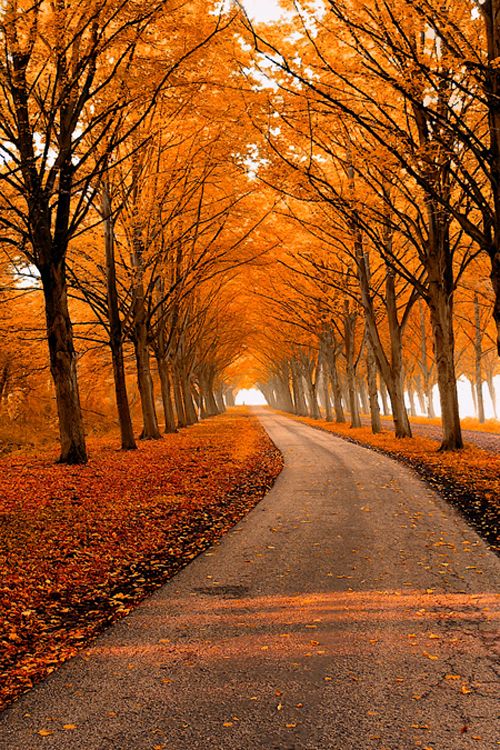
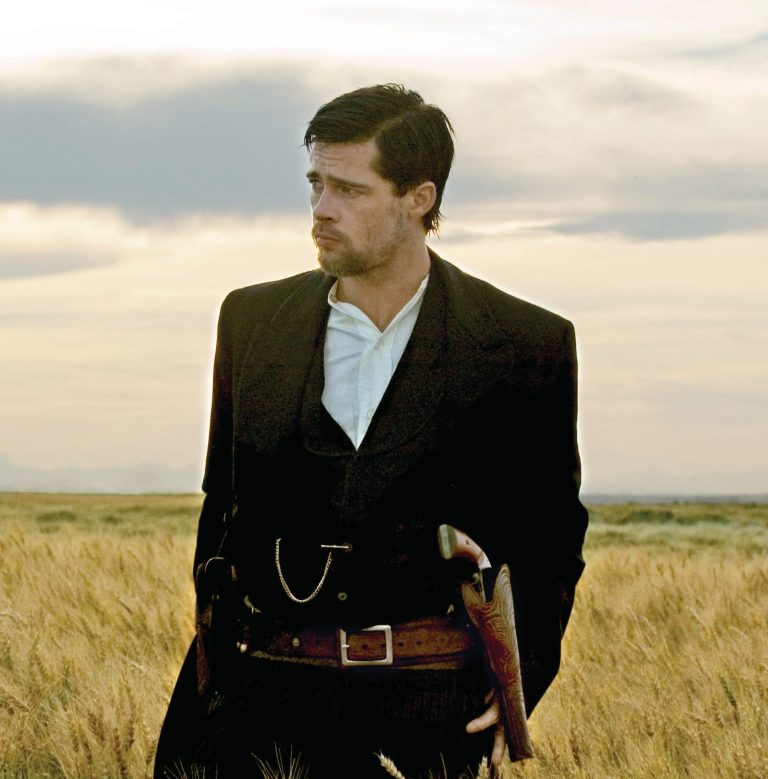
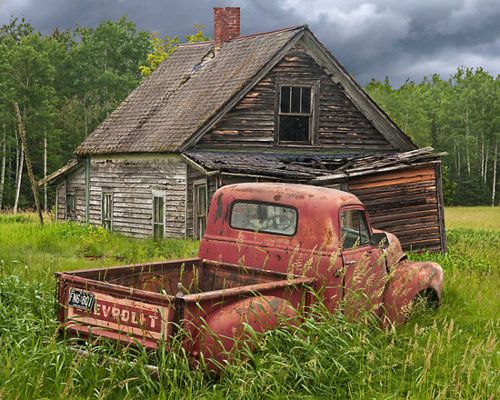
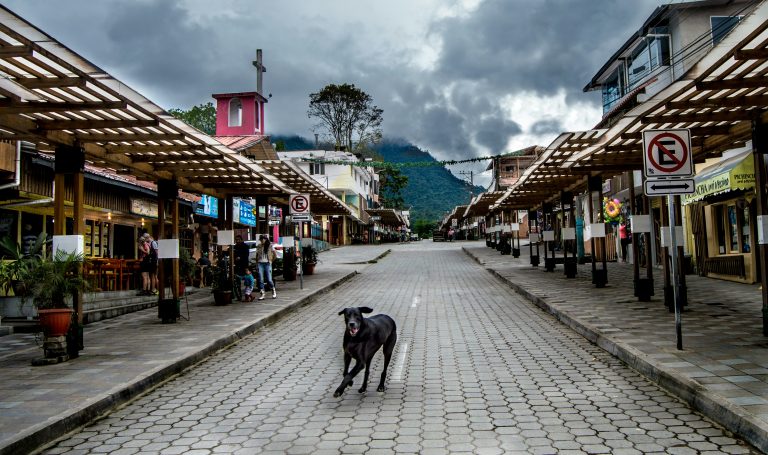
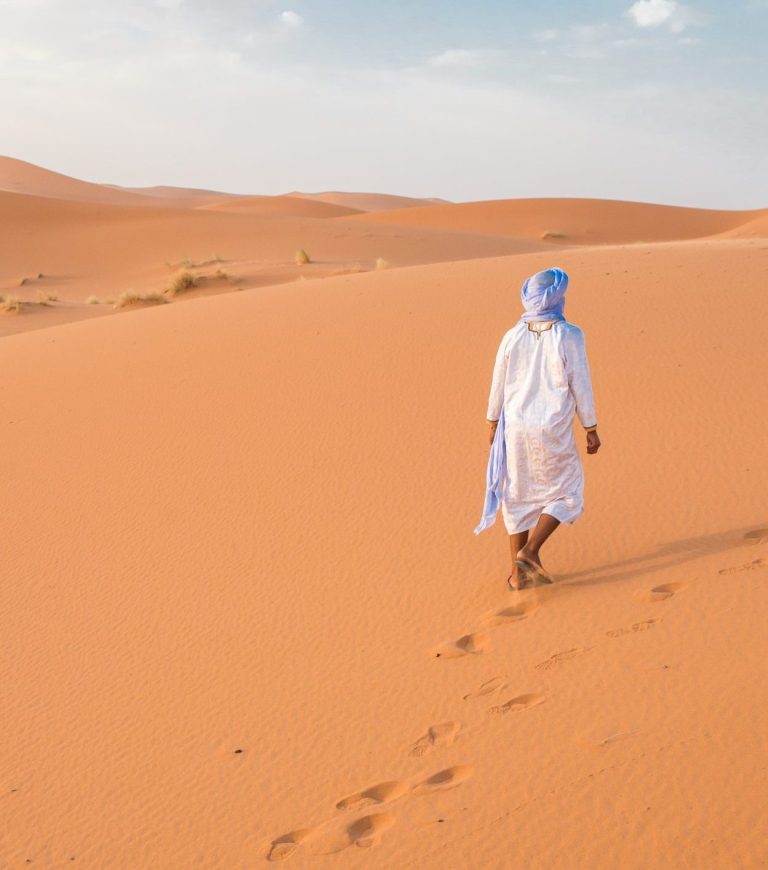
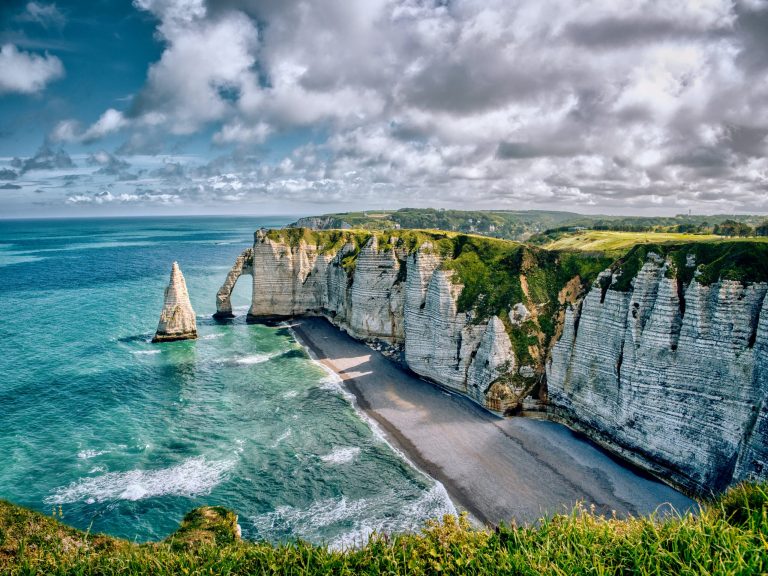





This is excellent advice. The examples are visual and expertly explained. Thanks! I felt like I was in college again. You helped me to see how it works. I’ve shared your post online.
I hope you had a wonderful Christmas and wish you every blessing in the New Year.
Ah, this is definitely a reminder I needed. Thank you for sharing!
I love your posts and I’ve got your books. So much valuable information in them. Thanks for taking the time and effort to do this.
I wonder that you haven’t mentioned Cormac McCarthy yet as his writing typifies so much of (or everything) you say about great writing. I guess there are just too many great authors to mention them all.
“Alone in the empty shell of a house the squatter watched through the moteblown glass a rimshard of bone-colored moon come cradling up over the black balsams on the ridge, ink trees a facile hand had sketched against the paler dark of winter heavens.”
Cormac McCarthy – Child of God
“He’d had this feeling before, beyond the numbness and the dull despair. The world shrinking down about a raw core of parsible entities. The names of things following those things into oblivion.”
Cormac McCarthy – The Road.
Oh, I just moved on to the next post and found Cormac McCarthy got a mention in passing.
I love Cormac McCarthy for many reasons. But I also find a lot of description without much character engagement tedious at times. Some of his books really move me and others not so much. But yes, he can really craft masterful description, of things small and large.
[This is the first paragraph of the book, so don’t worry about spoilers] “There was a hint of wind coming over the top of the stone walls and through the barbed-wire sky on the day Alexander Stowe was to be Purged. Alex waited in the dusty Commons of Quill and felt the light breeze cooling the sweat on his upper lip. His twin brother, Aaron, stood beside him; their parents, behind. And all around, the entire community of Quill watched and waited, the bland looks of sleeping fish on their faces.” -The Unwanteds by Lisa McMan